Search
Search Results
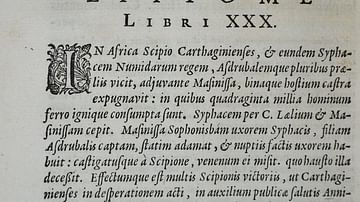
Definition
Livy
Without the valuable contributions of historians, later generations would have little knowledge of the past - the good as well as the bad. Herodotus and Thucydides, the fathers of historical writing, would never have written their histories...
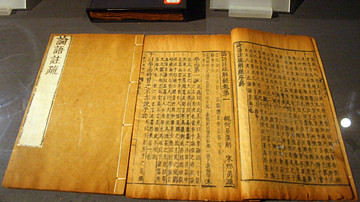
Definition
Confucianism
Confucianism is a philosophy developed in 6th-century BCE China, which is considered by some a secular-humanist belief system, by some a religion, and by others a social code. The broad range of subjects touched on by Confucianism lends itself...

Image
Livy's Roman History, 1664
Historiarum ab Urbe Condita. - The complete history of Rome and its Urban Foundation -from its foundation to Augustine- by Titus Livius Patavina (59 BC – AD 17). Latin text. Edited with extensive commentary by Joannes Frederick Gronovius...
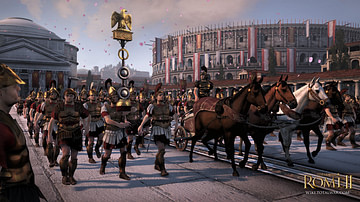
Definition
Roman Army
The Roman army, famed for its discipline, organisation, and innovation in both weapons and tactics, allowed Rome to build and defend a huge empire which for centuries would dominate the Mediterranean world and beyond. Overview The Roman...
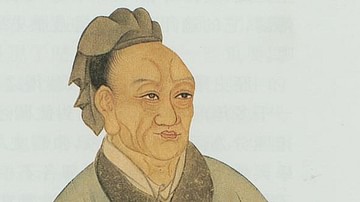
Definition
Sima Qian
Sima Qian (l. 145/135-86 BCE) was a court scribe, astrologer, and historian of the Han Dynasty (202 BCE - 220 CE) of ancient China, famous for his historical work Records of the Grand Historian for which he is remembered as the Father of...
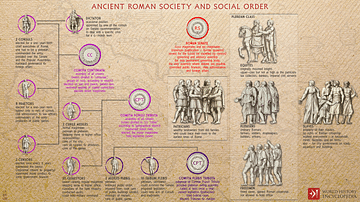
Definition
Roman Constitution
Roman constitution was an accumulation of laws, legal decisions, and ancient customs. While today 'constitution' usually refers to a single act of legislation, this was not the case in ancient Rome. Instead, Roman government relied on the...
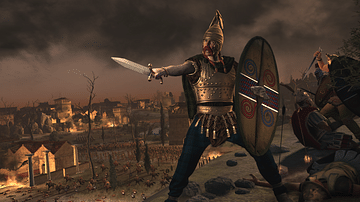
Definition
Brennus
Brennus (c. 390 BCE) was the Gallic war chief of the Senones who sacked and occupied Rome in 390 BCE. Nothing is known of him outside of the accounts given of this event which immortalized him as coining the phrase, “Woe to the Vanquished”...

Definition
Mencius
Mencius (l. 372-289 BCE, also known as Mang-Tze or Mang-Tzu) was a Confucian philosopher during The Warring States Period in China (c. 481-221 BCE) and is considered the greatest after Confucius himself for his interpretation, formulation...
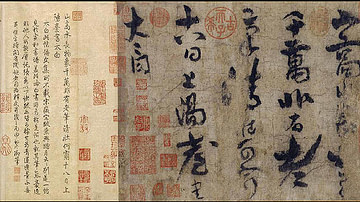
Definition
Chinese Literature
Chinese literature is among the most imaginative and interesting in the world. The precision of the language results in perfectly realized images whether in poetry or prose and, as with all great literature, the themes are timeless. The Chinese...
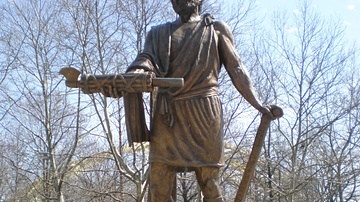
Definition
Cincinnatus
Lucius Quinctius Cincinnatus was a Roman consul (460 BCE) and dictator (458 and 439 BCE), a legendary figure in the early days of the Roman Republic. He responded to a call from the city fathers, left his plow lying in the fields, donned...